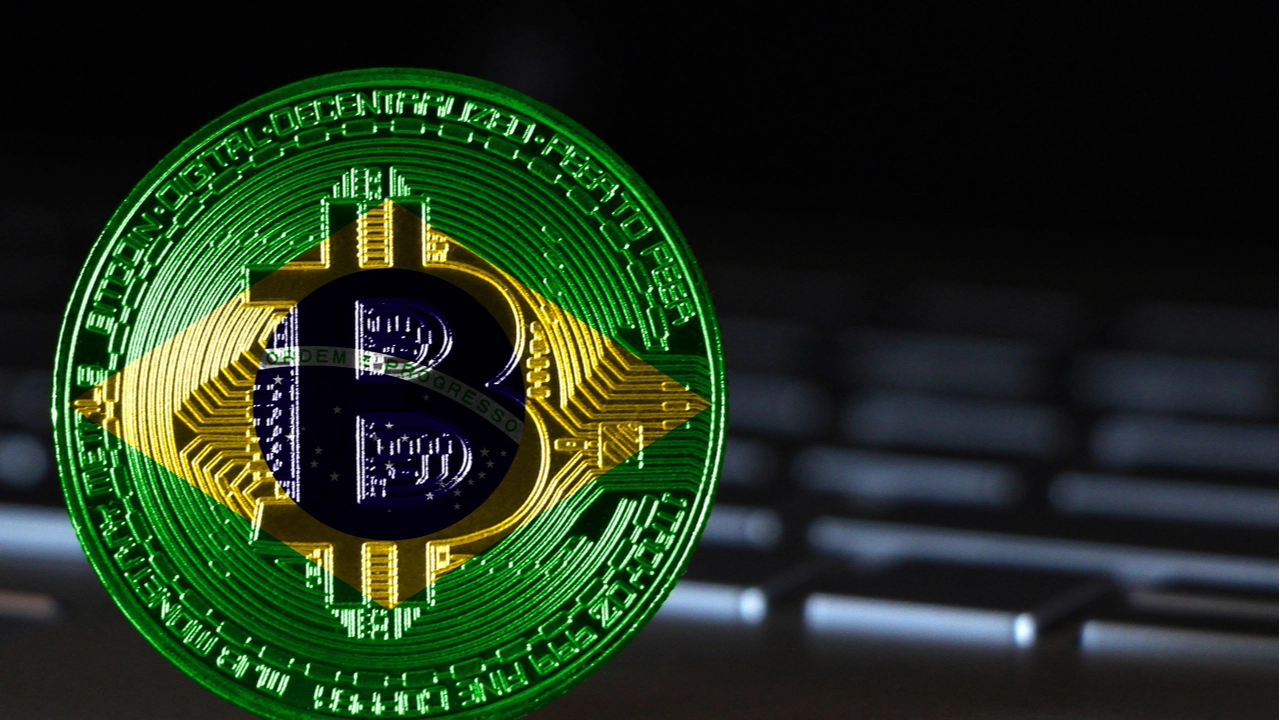
Will Brazil Remain a Crypto Hub?
- Brazil has seen an increase in digital payments over the last couple of months.
- As of August, more than 12,000 Brazil-based firms held cryptocurrencies.
- Brazil is in the pilot phase of its own CBDC.
Brazilians had their fingers crossed on Sunday, October 30th, as the country’s leading politicians, President Jair Bolsonaro and Luiz Inácio Lula da Silva, fought for the right to lead the South American nation. The stakes were high for each politician in what was a closely contested election.
Lula da Silva was eventually declared the winner during the run-off election, grabbing 50.9% of the vote. Lula is expected to be sworn into office in January 2023, but the opposing party expects their candidate, President Bolsonaro, to challenge the results.
This wouldn’t be Lula’s first time as President of Brazil, having ruled the country from 2003 to 2010. However, Brazilians have expressed concerns over his ideologies and how budding industries such as blockchain would fare under his tenure.
Judging by the 77-year-old’s comments, crypto enthusiasts have little to worry about the survival of digital assets in Brazil. Instead, concerns could be over the regulation of the industry. In October, Lula called for Brazil’s central bank to develop a structure for digital assets in line with international standards on anti-money laundering and illicit practices. The trade unionist then remarked that cryptocurrencies “deserve the attention of authorities.”
Lula is reportedly allied with Henrique Meirelles, a former central bank president who presently occupies an advisory role at Binance. However, sources believe Meirelles might consider joining Lula’s government after being sworn into power.
Cryptocurrency has witnessed huge adoption in Brazil over the past few months. The South American country is already in the pilot phase of its central bank digital currency (CBDC), the digital Real. Brazil already has a crypto bill in view, but Lula’s arrival could change all that.
The Leftist politician would most likely seek to regulate cryptocurrencies to reduce fraud and scams. However, it is highly unlikely that Lula would prohibit crypto-related activities. The newly-elected president has favored breaking Brazil’s reliance on the dollar and the Western market, and cryptocurrencies are the best option for such a feat.
While running for office, Lulu declared that he had registered his plans for the government on the Decred blockchain, calling it an example of “an innovative and incorruptible technology of records distributed by computers around the world that is also behind Bitcoin.”







